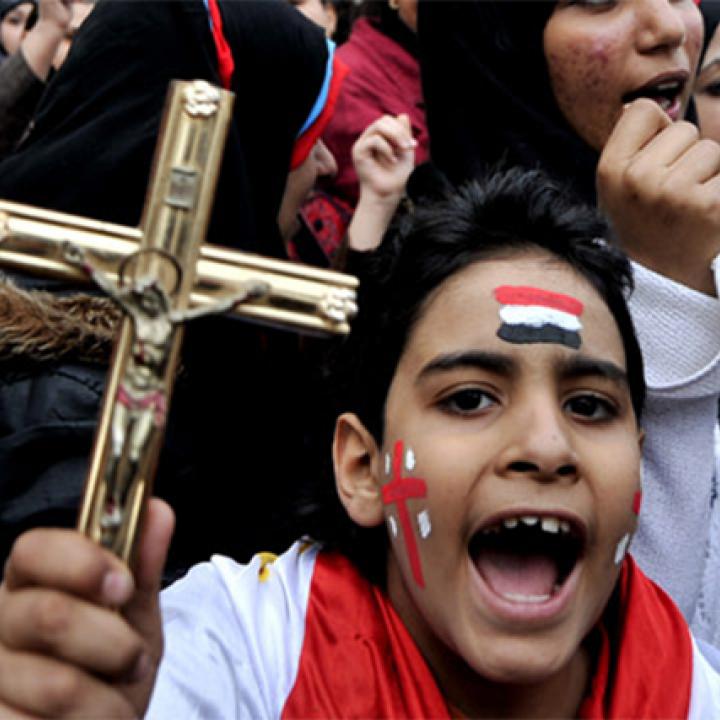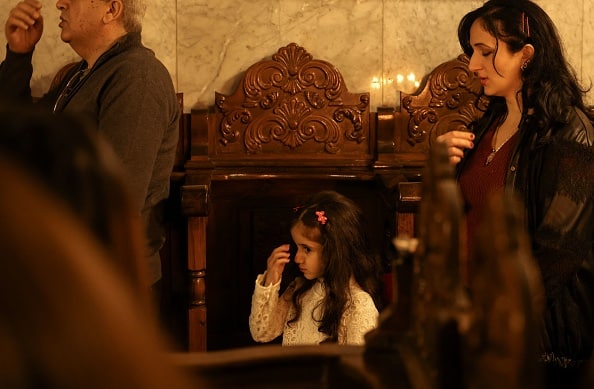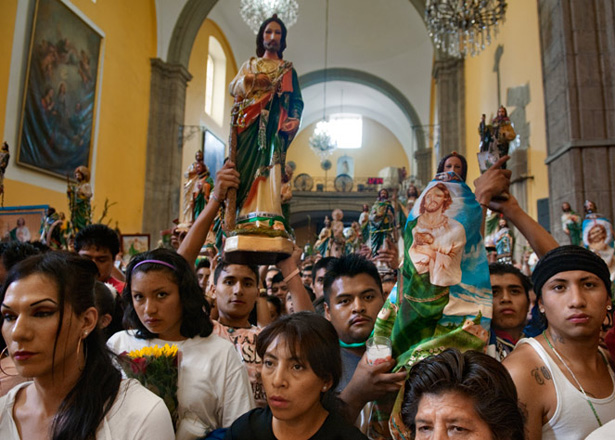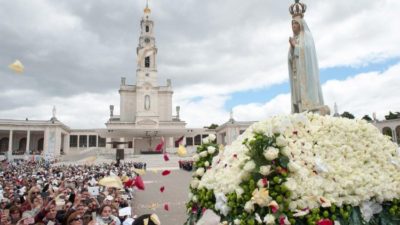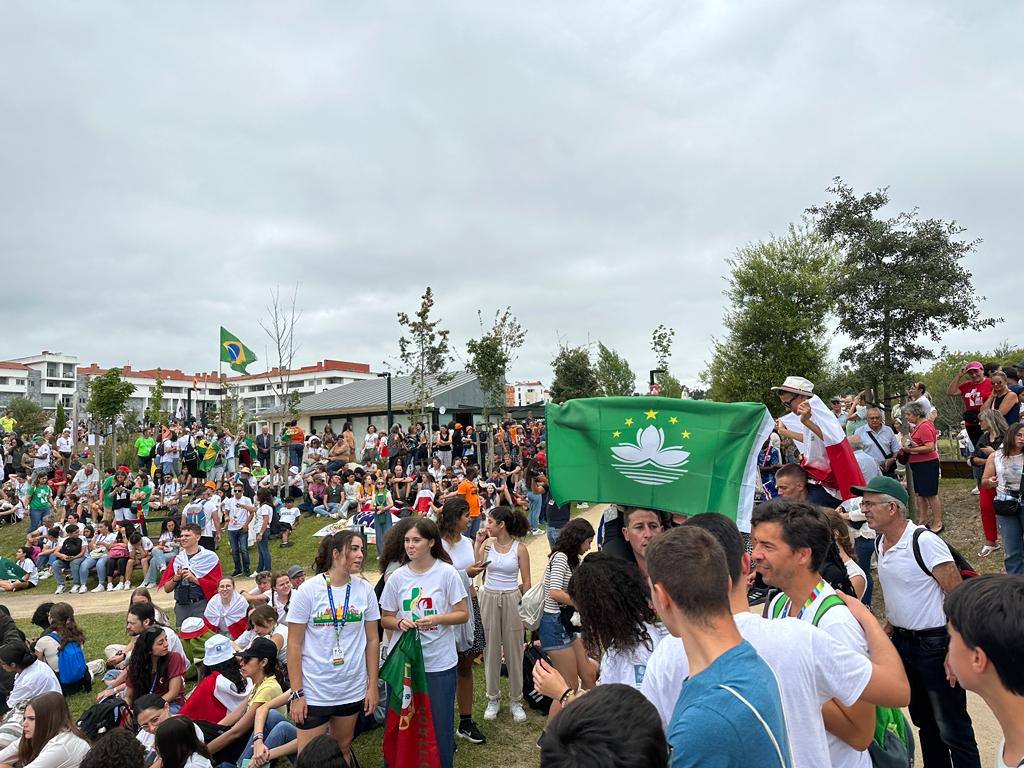In December 2019, the Lao government reversed the situation by passing a law that guarantees the rights of Christians to practice their faith without being disturbed, after decades of persecution. However, this law has been little publicized and is practically not applied in the interior of the country where Christians continue to face discrimination from some provincial officials.
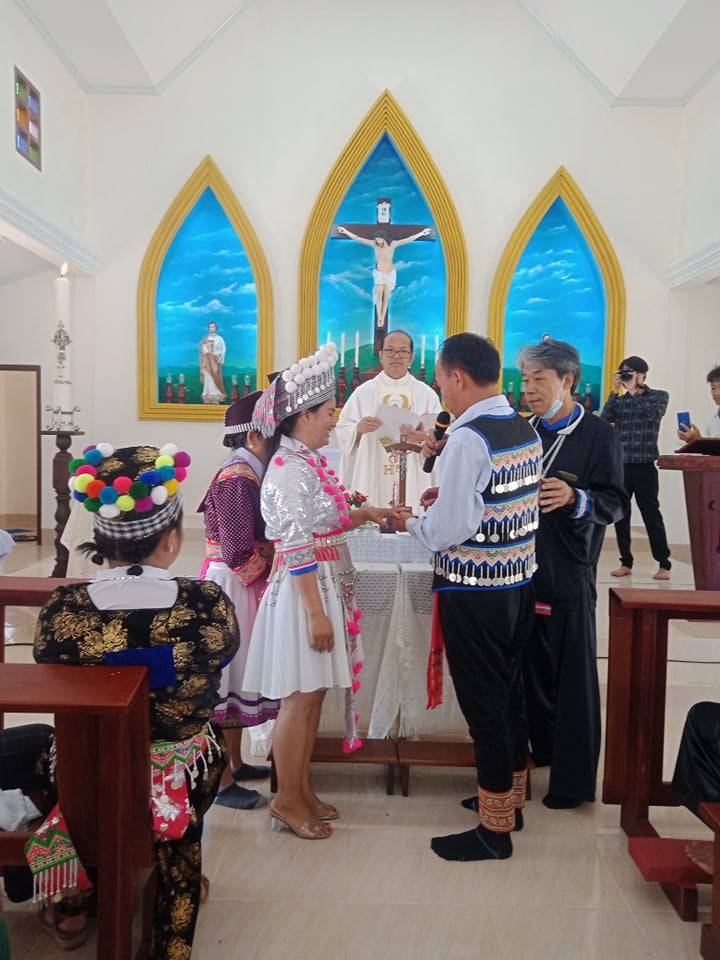

 Follow
Follow
